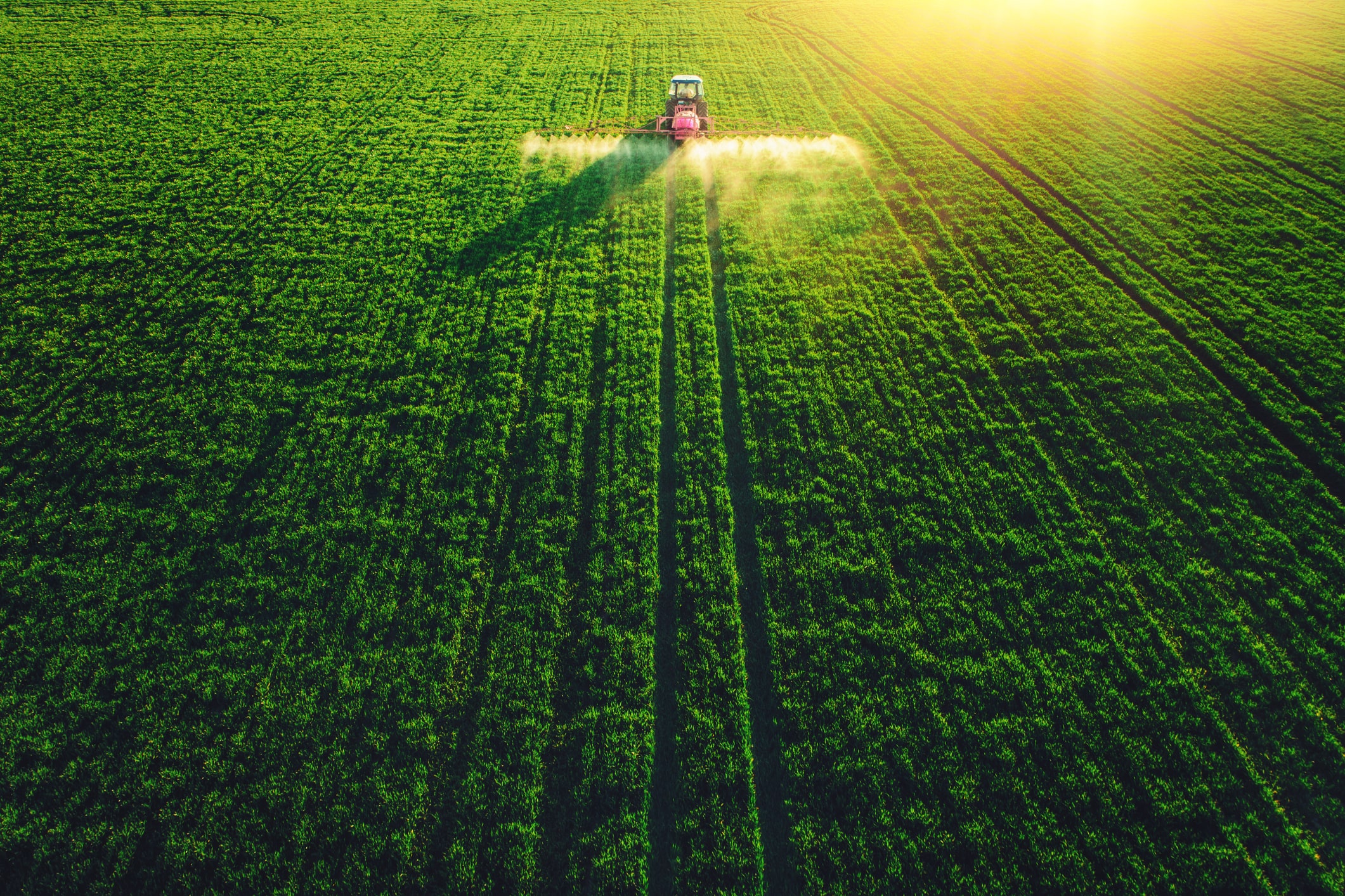EU policies – delivering for citizens: Agriculture

The common agricultural policy (CAP) is one of the oldest common policies in the EU. Its significance is reflected in the proportion of the EU’s budget devoted to it, representing approximately 40 % of the total.
Developed at a time when Europe was unable to meet most of its own food needs, it was necessary to encourage farmers to produce food by means of guaranteed prices. The policy has undergone regular reform and has evolved over the years.
These reforms have sought to improve the competitiveness of the agricultural sector, promote rural development and address new challenges in areas such as the environment and climate change. Evidence from a series of Eurobarometer surveys indicates how EU citizens have a high level of awareness of this policy area. There is a recognition that it is succeeding in meeting citizens’ expectations in terms of delivering healthy high-quality food as well as contributing to the protection of the environment.
When it comes to agriculture, Parliament’s eighth term has focused on taking forward not only implementation of the last CAP reform in 2013 but also a series of significant legislative achievements.
The areas covered include, for example, animal health, plant health and the organic sector, as well as a range of policy-related simplification measures that entered into force on 1 January 2018. On the non-legislative front, Parliament has pursued its scrutiny role rigorously. Looking to the future, there are still a number of substantial issues for the current Parliament to address.
These include determining in co-decision with the Council the future policy direction of the CAP for the post-2020 period, negotiations over the next multiannual financial framework (MFF) including the overall budgetary allocation for the next CAP, and the associated legislative framework.
